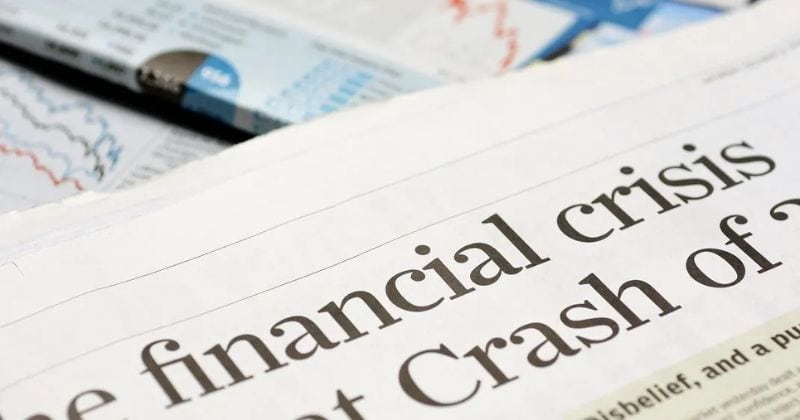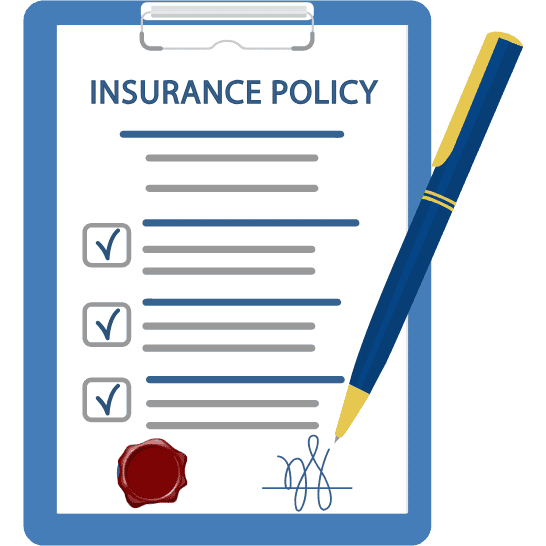How To Recover From Financial Crisis?

A financial crisis can strike anyone, regardless of their income level, and it often feels overwhelming. Whether it's due to unexpected medical expenses, a job loss, mounting debt, or poor financial planning, the aftermath of such a crisis can leave individuals feeling trapped and uncertain about their financial future. However, recovery is not only possible, but it can also be a transformative journey if approached with the right mindset, strategies, and resources. If you find yourself in a financial crunch, it's important to remember that you're not alone, and with a little perseverance, planning, and the right tools, you can regain control of your financial life. Below is a comprehensive guide on how to recover from a financial crisis, step by step. Before diving into recovery mode, take a deep breath and assess your financial situation. It might feel uncomfortable, but understanding the full scope of your financial crisis is essential for creating a clear recovery plan. Start by tracking all your outstanding debts, including credit card balances, personal loans, and any other financial obligations. Next, evaluate your income and any potential future income sources. This step will help you gauge how long it will take to recover and what changes are needed to move forward. Key Steps: When you're facing multiple debts, it can feel like you're sinking in a sea of financial obligations. A critical step in recovering from a financial crisis is deciding which debts to prioritize. Start with high-interest debts, like credit cards or payday loans, as they accumulate interest at a faster rate and can quickly become overwhelming. Once you've addressed the most urgent debts, tackle the remaining ones, such as personal loans or mortgages, based on interest rates or the potential for penalties. For individuals struggling with multiple loans or credit card debts, services like RupeeRelief can provide a helping hand. These services offer loan settlement assistance, helping you consolidate debts and negotiate with creditors to potentially lower interest rates or monthly payments. A budget is a powerful tool when recovering from a financial crisis. It helps you gain control over your spending, save for the future, and ensure you're living within your means. First, list all your essential monthly expenses such as rent or mortgage, utilities, groceries, transportation, and healthcare. Then, subtract these expenses from your income. What remains can be used for debt repayment, savings, or setting aside an emergency fund. Tips for Effective Budgeting: In a financial crisis, reducing unnecessary expenses is crucial for freeing up funds. Start by evaluating your discretionary spending – those little luxuries and non-essential purchases that can add up over time. For example, can you eliminate or reduce your subscription services (magazines, streaming platforms)? Can you cook more meals at home instead of dining out? Small lifestyle adjustments can make a significant difference in improving your financial position. Additionally, it’s a good idea to temporarily halt any non-essential purchases or activities, such as vacations or high-ticket items, until your financial situation stabilizes. Recovering from a financial crisis often requires not only cutting back but also increasing your income. If you have a skill or expertise that can be monetized, consider freelancing, part-time jobs, or even gig work like driving for a ride-sharing service or delivering food. For those facing more significant debt challenges, RupeeRelief can also assist in working with creditors to potentially negotiate lower payments or settlement options that are more manageable, thus easing the pressure on your finances. Additionally, consider liquidating assets that are not essential. Selling unused items, such as old electronics, clothes, or furniture, can help generate extra cash. If you're feeling overwhelmed by your financial situation, seeking professional help is a wise decision. Financial advisors or debt counselors can provide expert guidance on how to create a plan to manage and eventually eliminate debt. Many credit counseling agencies also offer free or low-cost services to help individuals regain control of their finances. In situations where individuals are unable to settle their debts due to high interest rates or excessive amounts owed, RupeeRelief offers personalized debt relief services. This could involve consolidating your loans, negotiating with creditors, and helping you manage monthly payments more effectively. One of the most important lessons learned from a financial crisis is the value of having an emergency fund. Building a buffer for unexpected expenses can prevent future financial struggles. Start by saving small amounts each month and gradually increase your savings as your financial situation improves. A good target for your emergency fund is 3 to 6 months’ worth of living expenses. While this may take time, having a safety net can give you peace of mind and prevent you from falling into another financial crisis in the future. A financial crisis often negatively impacts your credit score, and it’s important to track your credit regularly. Paying off debt and reducing credit card balances can help rebuild your credit over time. If you're having trouble managing your debt, consider contacting services like RupeeRelief that specialize in improving credit scores by negotiating debt settlements or consolidating loans, helping to reduce the long-term impact on your creditworthiness. Recovery from a financial crisis is a gradual process. While it may feel like you're taking two steps forward and one step back, staying focused on your goals and being patient with yourself is key. Celebrate small victories, like paying off a credit card or successfully negotiating a lower loan payment. Over time, these achievements will add up and lead you toward long-term financial stability. Finally, once you’ve overcome your financial crisis, take proactive steps to prevent future setbacks. Continue living within your means, prioritize saving, and create a financial plan that includes long-term goals such as retirement savings or buying a home. Additionally, services like RupeeRelief can help by offering debt settlement programs that help individuals reduce their liabilities and avoid falling into a crisis again. Recovering from a financial crisis is undoubtedly challenging, but it is not impossible. By assessing your current financial situation, prioritizing debt repayment, sticking to a realistic budget, and seeking help when necessary, you can work your way back to financial stability. Remember that you don't have to face this journey alone—whether it's through professional financial advisors or debt relief services like RupeeRelief, there are resources available to help guide you toward a brighter, more secure financial future. Stay patient, stay focused, and remember that financial recovery is not just about surviving; it’s about thriving.1. Assess Your Current Situation
2. Prioritize Your Debts
3. Create a Realistic Budget
4. Cut Back on Non-Essential Spending
5. Increase Your Income
6. Seek Professional Help
7. Build an Emergency Fund
8. Monitor Your Credit Score
9. Stay Motivated and Be Patient
10. Prevent Future Crises
Conclusion

